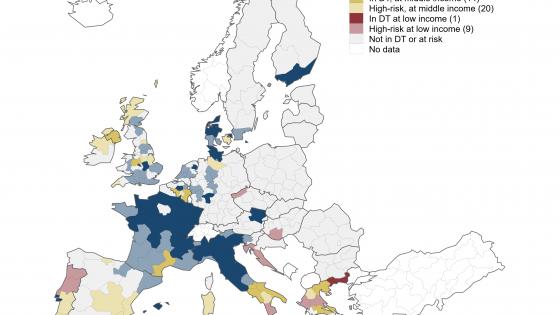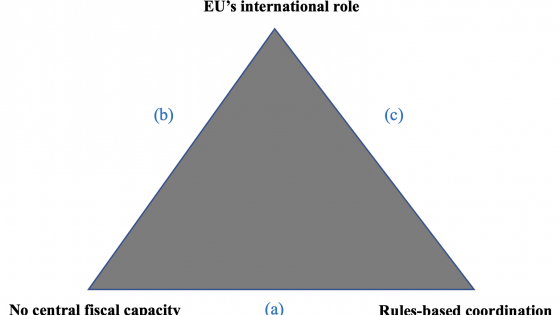DP6367 Ever Closer Union or Babylonian Discord? The Official-language Problem in the European Union
Extensive multilingualism is one of the most important and fundamental principles of the European Union. However, a large number of official languages (currently 23) hinders communication and imposes substantial financial and legal costs. We address the merits of multilingualism and formulate an analytical framework to determine the optimal number of official languages in the EU. Using the results of a 2005 Eurobarometer survey of languages in the EU 27, we first derive the sets of languages that minimize aggregate linguistic disenfranchisement of the Union?s citizens for any given number of languages. We then proceed by discussing the political-economy framework and feasibility of a potential linguistic reform in the EU under alternative voting rules. We argue that a six-language regime would be a reasonable intermediate choice: a lower number of official languages results in excessive linguistic disenfranchisement whereas adding further languages increases the costs but brings only modest benefits. We also show that even though a linguistic reform reducing the number of official languages to six is unlikely to gain sufficient support at the present, this may change in the future since young people are more proficient at speaking foreign languages.


